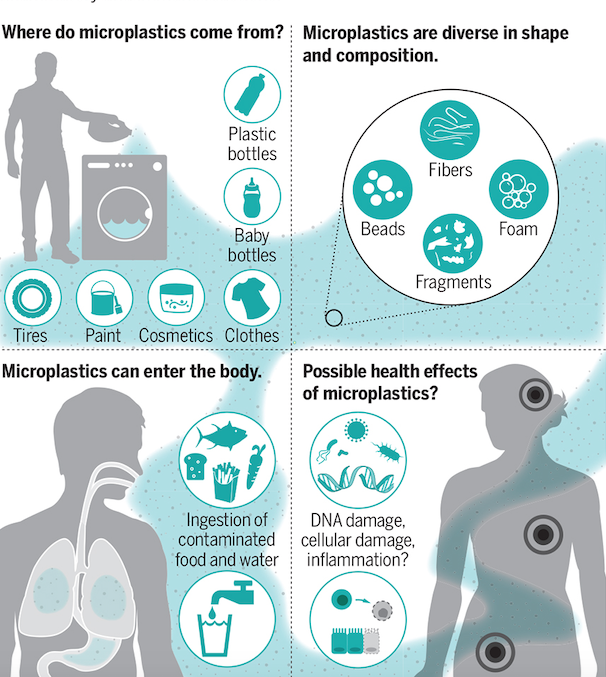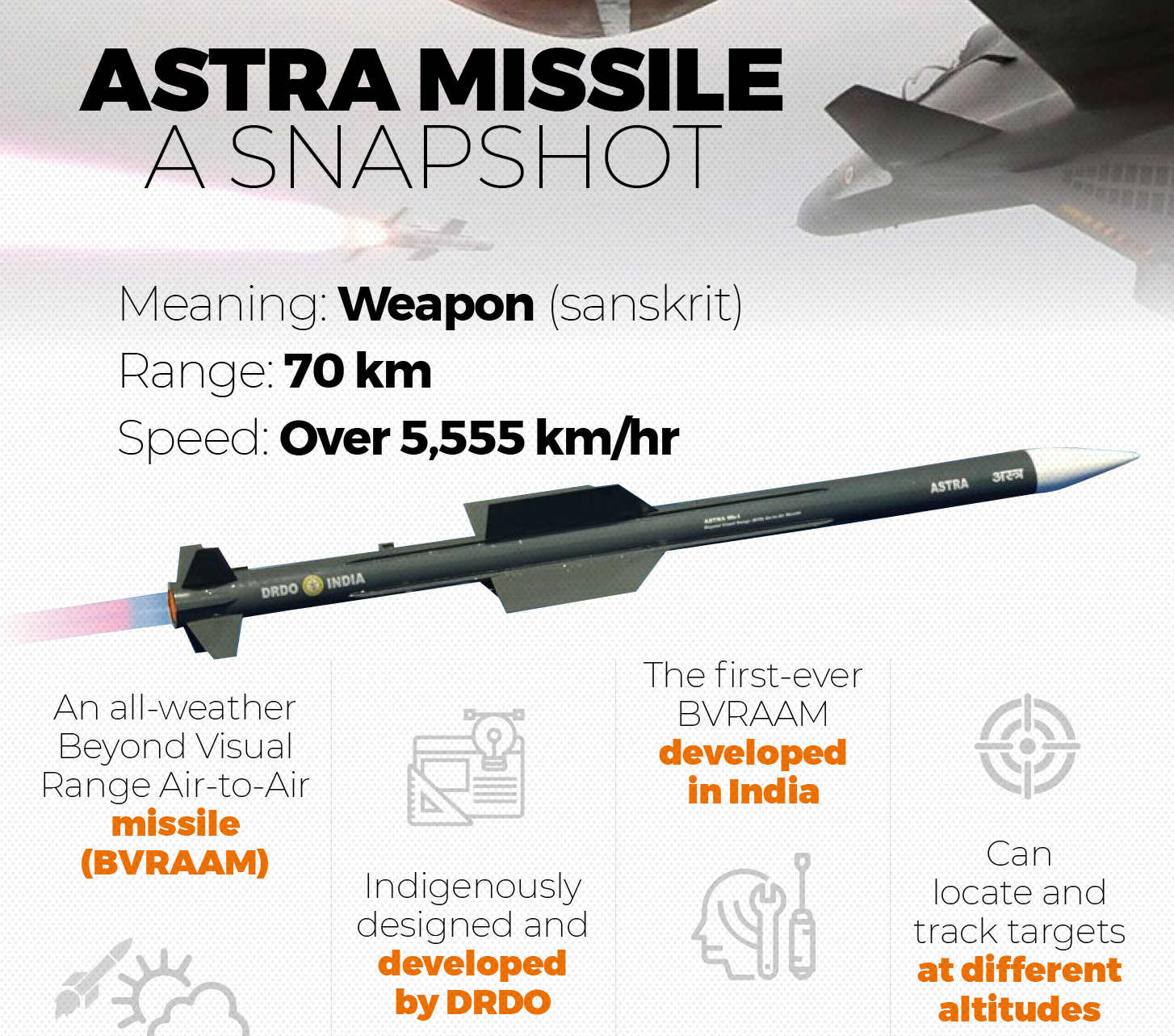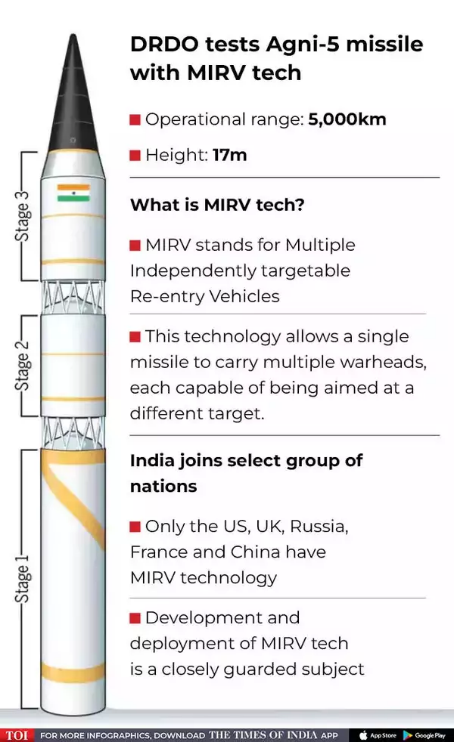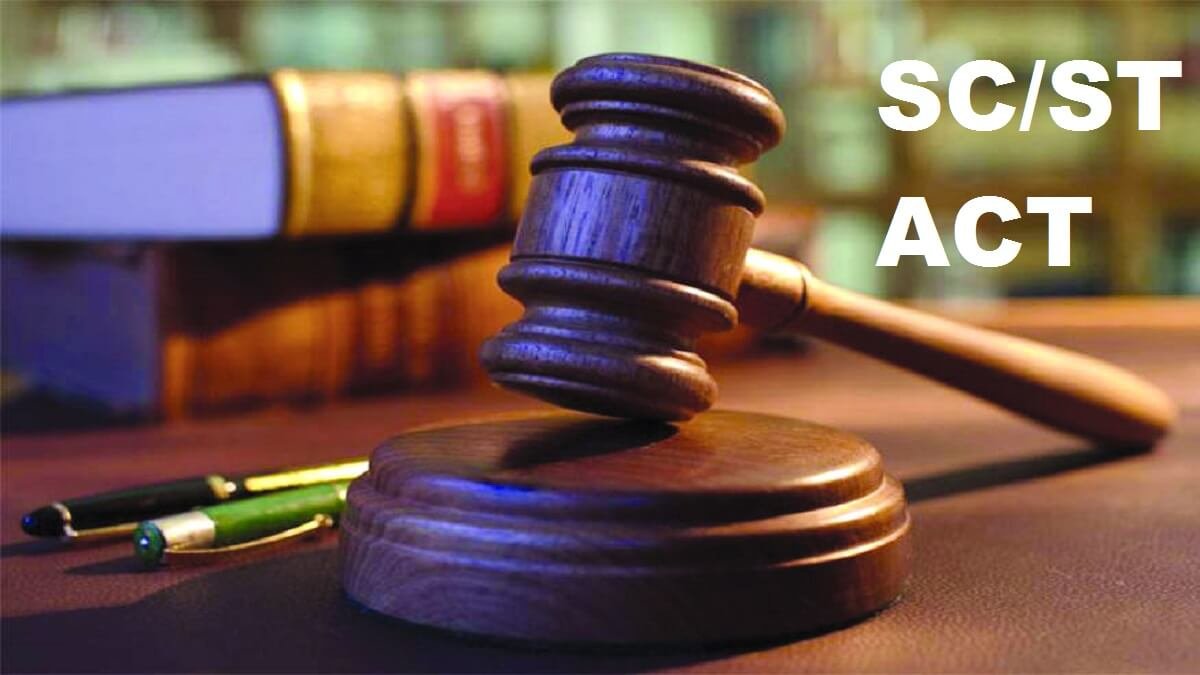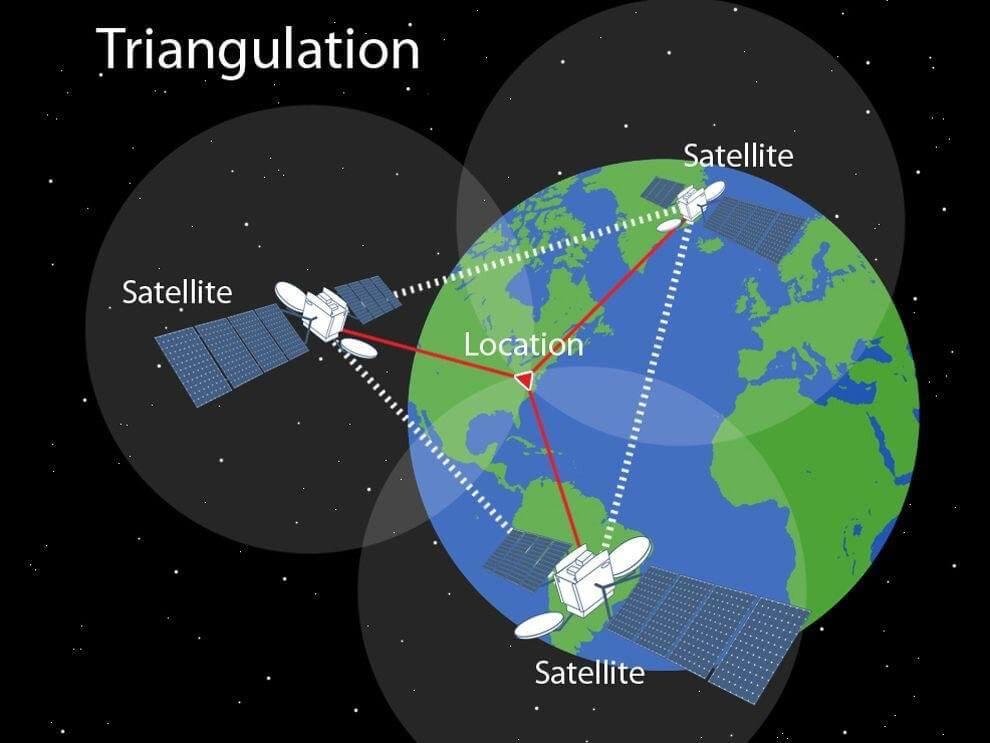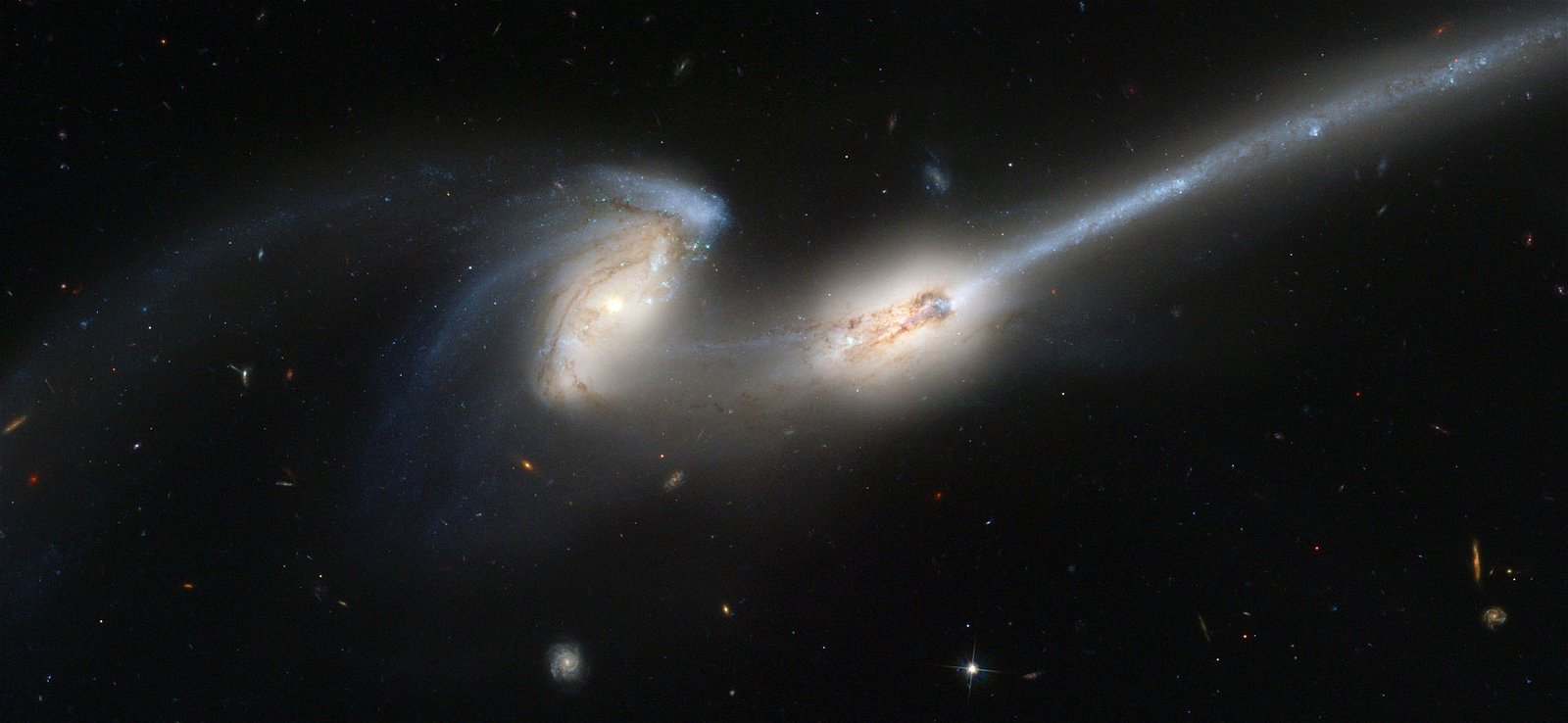
Current Affairs for UPSC Civil Services Exam – March 05, 2024
Subscribers of "Current Affairs" course can Download Daily Current Affairs in PDF/DOC
Subscribe to Never Miss an Important Update! Assured Discounts on New Products!
Must Join PMF IAS Telegram Channel & PMF IAS History Telegram Channel
{GS2 – Polity – IC – Parliament} No Immunity for MPs/MLAs Taking Bribe for Vote/Speech in Legislature
- Context (IE I IE I IE I TH): The SC held that legislators are not immune to criminal prosecution for bribery charges related to their speech and votes made in Parliament and Legislative Assemblies.
- The present case involves an MLA, Sita Soren, accused of accepting a bribe for her vote during the 2012 RS elections.
- SC overruled its own 1998 judgement in P V Narasimha Rao v State (CBI/Spe), where it held that legislators were immune from prosecution for taking such bribes.
- The SC referred the 1998, 5-judge Bench judgement to a 7-judge Bench for reconsideration.
- SC bench demarcated three issues for reconsideration:
- The purpose of Articles 194(2) and 105(2) is to allow legislators to cast their votes without fear, not to protect them from criminal law violations.
- The 1998 decision would protect bribe-takers who vote by the bribe’s purpose, not those who act contrary to it.
- The bench needs to decide if the offence of bribery is complete when the bribe is paid or when the legislator acts upon it.
S.C Verdict and Observations
- Privileges and immunities are not gateways to claim exemptions from the general law of the land.
- Corruption and bribery of members of the legislature erode the foundation of Indian parliamentary democracy.
- CJI clarified that the offence of bribery was complete the moment the corruption money was accepted.
- The culpability of the legislator did not depend on whether he actually delivered for the bribe-giver on the floor of the House.
- An interpretation that enables an MP to claim immunity from prosecution for an offence of bribery would place them above the law.
- SC rejected the fears that cutting parliamentary immunity would expose Opposition lawmakers’ votes or speeches to a criminal investigation, risking abuse by ruling parties.
- The freedom of speech and expression, which include voting in the House and immunities granted to legislators under Articles 105 and 194, did not extend to giving or taking bribes.
- Parliamentary immunity would kick in only if a legislator acts in furtherance of “fertilising a deliberate, critical and responsive democracy”.
- The shield of immunity or parliamentary privilege could be claimed in two circumstances-
- If the actions of a legislator were meant to enhance the dignity and authority of the House and its members as a collective body.
- If they were in the exercise of his rights to free speech, protest and freedom from arrest, among others.
- Criminal courts (to prosecute a criminal offence) and the Houses of the legislature (to take action for a breach of discipline) have parallel jurisdiction over allegations of bribery.
- Privileges are not absolute:
- Unlike the House of Commons in the UK, India does not have ‘ancient and undoubted’ privileges that were vested after a struggle between Parliament and the King.
- Privileges in pre-independence India were governed by statute in the face of a reluctant colonial government.
- The statutory privilege transitioned to a constitutional privilege after the commencement of the Constitution.
Arguments in Favour of Overruling P.V. Narasimha
- Immunity can lead to political misuse as it can be used to evade accusations or inquiries unrelated to legislative duties.
- Solicitor General Tushar Mehta: The majority in P.V. Narasimha failed to consider the Prevention of Corruption Act, 1988, which explicitly punishes public servants who accept bribes.
- Legislators may become less accountable for their actions and less responsive to public concerns if they feel immune from legal consequences.
- Legislative immunity provides specific legal protections to certain individuals, creating inequality in the application of the law.
- Legislative immunity can hinder investigations into legislative misconduct, obstructing efforts to address wrongdoing in the political sphere.
- Legislative immunity can enable corrupt or unethical behaviour without the fear of legal consequences.
Articles 105(2) and 194(2) of the IC
Article 105(2)
- No member of Parliament shall be liable to any proceedings in any court in respect of anything said or any vote given by them in Parliament or any committee thereof, and
- No person shall be so liable in respect of the publication by or under the authority of either House of Parliament of any report, paper, vote or proceedings.
- The purpose of Article 105(2) is to ensure that members of Parliament can perform their duties without fear of consequences.
Article 194(2)
- No member of the Legislature of a State shall be liable to any proceedings in any court in respect of anything said or any vote given by him in the Legislature or any committee thereof.
- No person shall be so liable in respect of the publication by or under the authority of a House of such a Legislature of any report, paper, votes or proceedings.
What are the Parliamentary Privileges?
About
- Parliamentary privileges are special rights, immunities and exemptions enjoyed by the two Houses of Parliament, their committees and their members.
- These privileges are defined in Article 105 of the IC.
- Under these privileges, the MPs are exempted from any civil liability (but not criminal liability) for any statement made or act done in the course of their duties.
- The privileges are claimed only when the person is a member of the house.
- As soon as s/he ends up being a member, the privileges are said to be called off.
- The Constitution also extends the parliamentary privileges to those persons who are entitled to speak and take part in the proceedings of a House of Parliament or any of its committee.
- These also include the Attorney General of India.
- The parliamentary privileges do not extend to the President, who is also an integral part of the Parliament.
- Article 361 of the IC provides for privileges for the President.
- Parliament has not made any particular law to codify all the privileges exhaustively. They are instead based on five sources:
- Constitutional provisions
- Laws made by Parliament
- Rules of both the Houses
- Parliamentary conventions
- Judicial interpretations
Privileges
Freedom of Speech in Parliament
- The freedom of speech and expression guaranteed under Article 19(2) is different from the freedom of speech and expression provided to a MP.
Limitations
- Freedom of speech should be in accordance with the constitutional provisions and subject to rules and procedures of the parliament, as stated under Article 118 of the IC.
- Article 121 of the IC states that MPs cannot discuss the conduct of SC or HC judges while they are performing their duties.
- The only exception is if there is a motion to present an address to the President requesting the judge’s removal.
Freedom from Arrest
- Members enjoy immunity from arrest in any civil case 40 days before and after the adjournment of the house or during a session.
- This privilege is already incorporated under Section 135A of the Civil Procedure Code, 1908.
- Arrest within the Parliament’s limits requires the house’s permission.
- If the detention of any members of the parliament is made, the chairman or the speaker should be informed by the concerned authority of the reason for the arrest.
- A member can be arrested outside the limits of the house on criminal charges against him under the Preventive Detention Act, the Essential Services Maintenance Act (ESMA), the National Security Act (NSA), or any such act.
Right to Prohibit the Publication of Proceedings
- Article 105(2) of the IC states that no person shall be held liable for publishing any reports, discussions, etc., of the house under the authority of the member of the house.
- For paramount and national importance, it is essential that the proceedings should be communicated to the public to make them aware of what is going on in the parliament.
Right to Exclude Strangers
- The members of the house have the power and right to exclude strangers who are not members of the house from the proceedings. This right is very essential for securing free and fair discussion in the house.
Classification of Parliamentary Privileges
- Individual Privileges: This refer to the rights and immunities enjoyed by MPs and MLAs to enable them to perform their duties without fear of interference or prosecution.
- Collective Privileges: This refer to the rights and immunities that are enjoyed by both Houses of the Indian Parliament and State Legislature as a whole, as well as their members and officers.
|
Individual Privileges |
Collective Privileges |
|
|
Significance of Privileges in the Indian Parliament
- Parliamentary privileges help to ensure the independence and integrity of the legislative body. These privileges are intended to protect the ability of lawmakers to speak and act freely.
- Immunity from arrest and legal process: Allow members of parliament to carry out their duties and responsibilities without fear of intimidation or interference.
- Privileges such as confidentiality and access: Allow members of parliament to obtain and share information that may be crucial to their decision-making processes.
- They are an essential part of the checks and balances that help to safeguard the independence and integrity of democratic institutions and ensure that they can function effectively.
Challenges and issues pertaining to Parliamentary Privileges
- Scope of privileges: While these privileges are intended to protect the independence and integrity of the legislative process, they can also shield lawmakers from accountability and scrutiny.
- Conflict with constitutional principles: Parliamentary privileges may sometimes conflict with other constitutional principles, such as equality before the law.
- For example, the privilege of immunity from arrest and legal process may be seen as giving members of parliament special privileges that are not available to other citizens.
- Misuse of privileges: There have been instances where parliamentary privileges have been misused by lawmakers in India.
- For example, some lawmakers have used their freedom of speech privilege to make inflammatory or offensive comments or false or baseless allegations.
- Lack of transparency and Inadequate oversight: Opacity and lack of adequate oversight and mechanisms in the process of claiming and enforcing parliamentary privileges can:
- Make it challenging to hold lawmakers accountable for abuses of these privileges and
- Undermine public trust in the legislative process.
Breach of Parliamentary Privilege
- It refers to a violation of the rights and immunities of the Parliament or its members.
- It is punishable under the law of Parliament
- Breach of privilege can include-
- Impeding the work of parliament,
- Obstructing a member from carrying out their duties or
- Disclosing confidential information discussed in parliament without authorisation.
- It is considered as a severe offence and can result in disciplinary action being taken against the offending member or members.
Important judgments related to parliamentary privileges
- No Parliamentary immunity for vandalism: The lawmakers cannot indulge in criminal acts on the Parliament or Assembly floors and then take cover behind the right to free speech.
- K Anandan Nambiar case 1951: An MP cannot claim special status higher than that of an ordinary citizen and is liable to be arrested, detained, or questioned even during the session.
- State of Kerala Vs. K. Ajith and Others 2021: Privileges and immunities are not gateways to claim exemptions from the general law of the land.
Privilege Motion
- Breaching Privilege: Any disregard of the rights and immunities constitutes a breach of privilege and is punishable under parliamentary law.
- Motion: A notice in the form of a motion can be moved by any member of either House against those held guilty of a breach of privilege.
- Contempt Actions: The Houses also have the right to punish actions that may not be a specific breach of privilege but are offences against their authority and dignity.
Instances of Privilege Notices
- Indira Gandhi’s Expulsion (1978): Indira Gandhi was expelled from the Lok Sabha for obstructing government officials from collecting information for a question on Maruti.
- Subramanian Swamy’s Expulsion (1976): Subramanian Swamy faced expulsion from the Rajya Sabha for engaging in interviews perceived as “anti-India propaganda.”
- Cash for Query Scandal (2005): Eleven “tainted” MPs involved in the cash for query scandal were expelled from the Lok Sabha.
Rules Governing Privilege
- Lok Sabha: Rule No. 222 in Chapter 20 of the Lok Sabha Rule Book governs privilege.
- Rajya Sabha: Correspondingly, Rule 187 in Chapter 16 of the Rajya Sabha rulebook deals with privilege.
- Scope of Notice: The notice must relate to a recent incident requiring the intervention of the House.
- Timing: Notices must be given before 10 am to the Speaker or the Chairperson.
Role of the Speaker/Rajya Sabha Chair
- Scrutiny: The Speaker/RS Chairperson is the first level of scrutiny for a privilege motion.
- Decision Making: They can decide on the privilege motion themselves or refer it to the Privileges Committee.
- Opportunity to Speak: If consent is given under Rule 222, the member involved is given an opportunity to make a brief statement.
Privileges Committee
- It is a Standing Committee.
- It examines the cases of breach of the privileges of the House and its members and recommends appropriate action.
- The Lok Sabha committee has 15 members (Speaker nominates), while the Rajya Sabha committee has 10 members, as per respective party strengths.
- In the RS, the deputy chairperson heads the committee of privileges.
- A report is then presented to the House for its consideration.
- The Speaker/Chairman may permit a half-hour debate while considering the report.
- The Speaker/Chairman may then pass final orders or direct that the report be tabled before the House.
- A resolution may then be moved relating to the breach of privilege that has to be unanimously passed.
{GS3 – S&T – Tech} Prototype Fast Breeder Reactor (PFBR)
- Context (TH): On March 4, Prime Minister the start of core-loading for the indigenous prototype fast breeder reactor (PFBR) at the Madras Atomic Power Station in Kalpakkam, Tamil Nadu.
- The core-loading event marks the beginning of stage II in India’s three-stage nuclear power program.
Prototype Fast Breeder Reactor (PFBR)
- It is presently being constructed at Kokkilamedu, near Kalpakkam, in Tamil Nadu state, India.
- The PFBR has a capacity of 500 MWe.
- PFBR has been designed indigenously by the Indira Gandhi Centre for Atomic Research (IGCAR).
- It comes under the second stage of India’s three-stage nuclear power programme.
- The Department of Atomic Energy (DAE) set up a special-purpose vehicle in 2003 called Bharatiya Nabhikiya Vidyut Nigam, Ltd. (BHAVINI) to implement stage II.
- Unlike conventional reactors, FBRs are designed to produce more fissile material than they consume during operation.
- In a fast breeder reactor, the neutrons aren’t slowed, allowing them to trigger specific fission reactions.
How does PFBR work?
- Stage I – Pressurised Heavy Water Reactor (PHWR): PHWRs use natural or low-enriched U-238 as the fissile material and produce Pu-239 as a byproduct.
- Stage II – Fast Breeder Reactor (FBR): The Pu-239 obtained from stage 1 is combined with more U-238 into a mixed oxide and loaded into the core of a new reactor together with a blanket. This is a material the fission products in the core react with to produce more Pu-239.
- Plutonium-239 produced in FBR will be used in the third stage of India’s nuclear power programme along with thorium.
- It uses liquid sodium, a highly reactive substance, as a coolant in two circuits.

What are the challenges of Stage II?
- FBRs are harder to handle than other reactor designs.
- Continuous delays: Reasons are inadequate finances, natural disasters (Tsunami), Sanctions against India after the Smiling Buddha nuclear test, and The 2011 Fukushima Daiichi disaster, the development of Small Modular Reactors.
- Cost efficiency: The tariff for solar electricity is under Rs 2.5/kWh, whereas nuclear electricity costs around Rs 4/kWh.
{Prelims – Envi – Species} Gangetic River Dolphin
- Context (DTE): Bihar Chief Minister inaugurated India’s first research center for the Gangetic river dolphin, the National Dolphin Research Centre (NDRC).
- Gangetic River Dolphin is India’s national aquatic animal.
- Conservation Status: IUCN: Endangered | WPA, 1972: Schedule I | CITES: Appendix I
- Distribution: India, Bangladesh and Nepal.
- 4 freshwater dolphin species in the world: The Gangetic River dolphin, Irrawaddy dolphin in Myanmar (both marine and freshwater), Indus River dolphin in Pakistan and Amazon River dolphin in South America.
- Bihar is home to around half of the estimated 3,000 Gangetic dolphins in India.
- It is blind and finds its way and prey in river waters through echolocation.
- They are usually found in turbulent waters, where there are enough fish for them to feed on.
- Gangetic dolphins live in a zone where there is little or no current, helping them save energy.

|
{Prelims – In News} International Centre for Automotive Technology
- Context (PIB): The International Centre for Automotive Technology (ICAT), Manesar, has awarded its first PLI – Automotive Certificate to M/s. Ola Electric Technologies Pvt. Ltd.
- The Union Minister of Heavy Industries launched the PLI Scheme for Automobile and Auto Component Industry in 2021 with a budgetary outlay of Rs. 25,938 crores.
- This Scheme aims to boost local production of Advanced Automotive Technology (AAT) products and attract investments in the automotive manufacturing value chain.
- Under the scheme, M/s. Ola Electric’s Battery Electric Vehicle met the criteria of Domestic value added (DVA) of 50% (min.) for the Automotive PLI certificate.
- It is eligible for incentives for up to five consecutive financial years from FY24.
- The incentive would range between 13% and 18% of the determined sales value of the products.
About International Centre for Automotive Technology (ICAT)
- ICAT is a testing agency that provides quality services in the domain of automotive certification, homologation, design, validation, R&D, PLI-Auto Certification, FAME Certification, etc.
- It was established in 2006.
- It is one of the divisions of National Automotive Board (NAB), under Ministry of Heavy Industries.
- ICAT has been notified by the Ministry of Road Transport & Highways (MoRTH) in Rule 126 of Central Motor Vehicle Rules (CMVR) for Testing & Certification of Automobiles and their Safety Critical Components.
- Also, ICAT has been authorised by MHI for PLI-Auto Certification of AAT Products and FAME Certification.





![PMF IAS Environment for UPSC 2022-23 [paperback] PMF IAS [Nov 30, 2021]…](https://pmfias.b-cdn.net/wp-content/uploads/2024/04/pmfiasenvironmentforupsc2022-23paperbackpmfiasnov302021.jpg)

